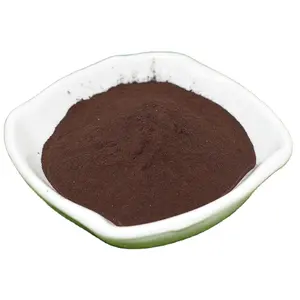Fertilizers are supplementary elements that are applied to crops to increase productivity. Farmers regularly use them to increase agricultural productivity. These
triple superphosphate fertilizers are rich in the vital elements that plants need, such as phosphorus, potassium, and
nitrogen fertilizer. They also increase the soil's fertility and its ability to retain water. However, it is important to use the right type and amount of fertilizer for the specific type of plants you are growing.
Types of fertilizers
Fertilizers are a vital aspect of gardening since they provide the nutrients that plants require to thrive. They are divided into two types: inorganic fertilizers and organic fertilizers. Organic lawn fertilizers are made from plants and animals. It enriches the soil by supplying carbonic molecules required for plant growth. Organic fertilizer for vegetables increases the amount of organic matter in the soil, promotes microbial reproduction, and changes the physical and chemical composition of the soil. It is regarded as one of the important ingredients for green vegetables. Agricultural waste, livestock manure, industrial waste, municipal sludge, and inorganic fertilizers can all be used to produce these sorts.
What is the importance of fertilizers?
Plant fertilizers make plants more resistant to pests. As a result, they are using fewer insecticides and herbicides, resulting in healthier crops. As a result, fewer sicknesses are present, giving the crops aesthetic value. Plant fertilizers boost plant water-holding capacity and root depth. The potassium ingredient of the potassium fertilizer strengthens the plant's straws and stalks. The phosphorus in garden fertilizers aid in the faster development of roots and seed generation in plants. Nitrogen in plant fertilizer increases plant growth, which is visible in the green color of the plants. Furthermore, they can be applied in a variety of ways to improve soil fertility, including through organic materials such as compost, manure, and mulch, or through chemical applications such as liquid fertilizer, granules, and slow-release pellets.








































 浙公网安备 33010002000092号
浙公网安备 33010002000092号 浙B2-20120091-4
浙B2-20120091-4